
Children of Exile: The Births “Sowing Hope” in the Camp of Nicaraguan Farmers

PUBLICIDAD 1M
PUBLICIDAD 4D
PUBLICIDAD 5D
Independent journalism in Nicaragua continues in spite of everything. Reporters from different media outlets explain why they continue to do their work
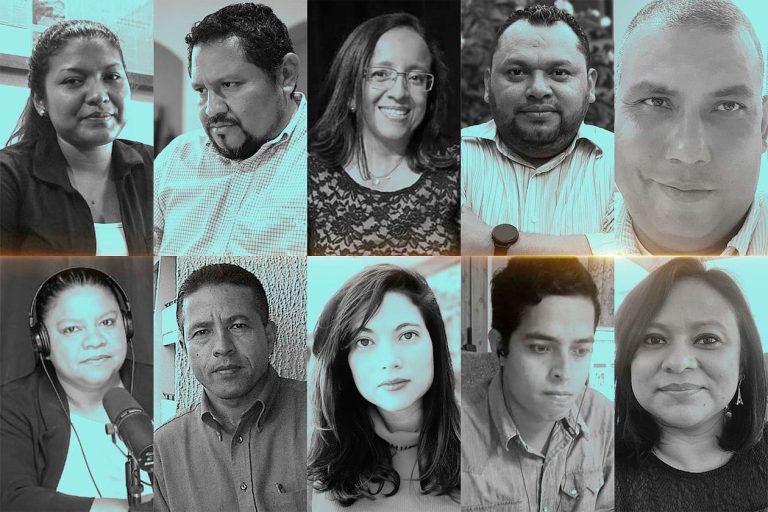
The practice of journalism has become increasingly difficult in Nicaragua under Daniel Ortega’s regime. If this was already a difficult profession, now the lack of access to information, the constant harassment, the confiscation of media outlets, the murders of journalists in the midst of working and the trials and sentences of Nicaraguan journalists have turned their work into an act of resistance.
"Journalism also faces the supreme challenge of achieving its economic survival and sustainability," stated journalist and director of Confidencial and Revista Niú, Carlos F. Chamorro, in an opinion column titled “The Resistance of the Press in Nicaragua”.
On National Journalists Day, which cannot be celebrated under these conditions, we asked ten journalists: why do you continue to do journalism in Nicaragua? These are their answers from the trenches in defense of freedom of press and expression, local and national; independent or in exile.
Kalúa Salazar is the press officer of La Costeñísima, a radio station located in Bluefields. She has been a victim of siege and unfounded lawsuits by regime supporters against Nicaraguan journalists. In September 2020, the dictatorship sentenced her as allegedly "guilty" for the crime of "slander" against three employees of the El Rama Mayor's Office, in the Autonomous Region of the Southern Caribbean Coast (RAAC).
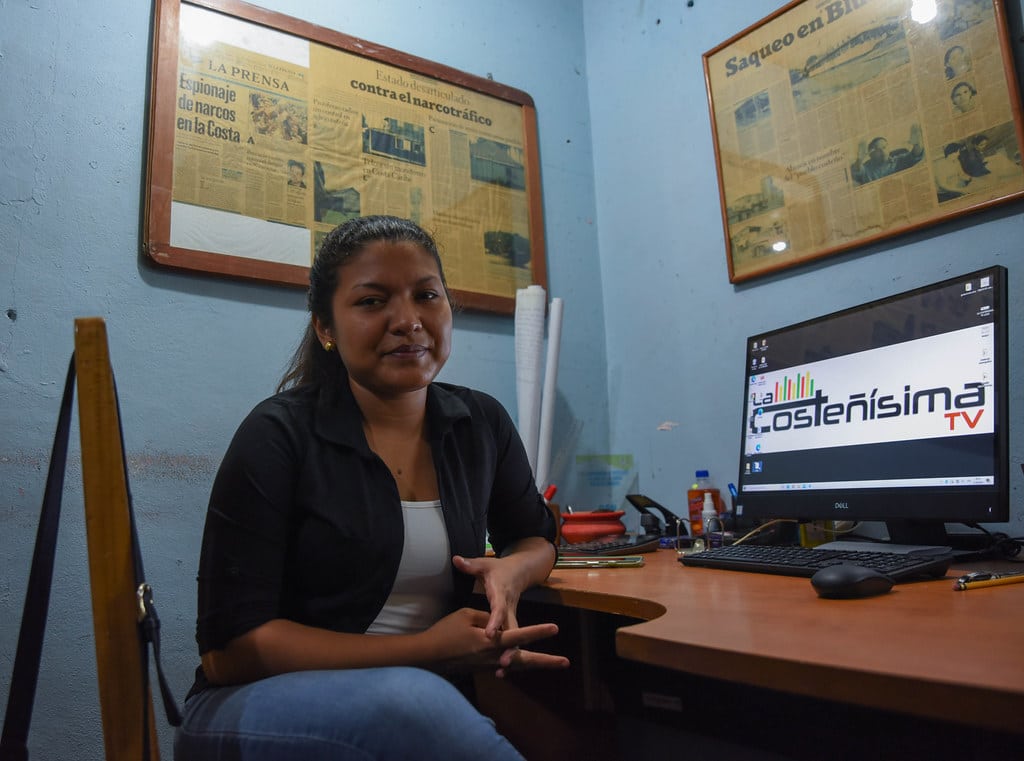
"After having gone through such a difficult situation, with the lawsuit filed against me for slander, I continue doing journalism because we - men and women of the press - have the commitment to bring reliable information to the people, in this case to the people of the Caribbean Coast, but also with the firm commitment that only critical journalism, journalism that opts for democracy, journalism that watches over the rights of the men and women of the ethnic population, of the indigenous population, is the one that can lead to freedom of expression.
And above all, to be that necessary and important tool for the people, so that they can express all the human rights violations that are being committed against them by the government.
I also do journalism to be a tool that unifies these people in search of development for our territory. So that the problems of the Caribbean Coast reach a more national agenda and are included, so that our people are given advantages, because we face many risks, not only because of the distance factor, but also because of the invasion of the settlers, the invasions of the lands, the lack of laws and the lack of organizations that watch over the human rights of our population."
David Quintana has been the director of the digital media outlet Boletín Ecológico since 2005 and has specialized in environmental journalism. In February 2021, Quintana was sentenced by the regime to pay a 200-day fine for the alleged crime of "slander and libel", for allegedly linking a couple in a property dispute.
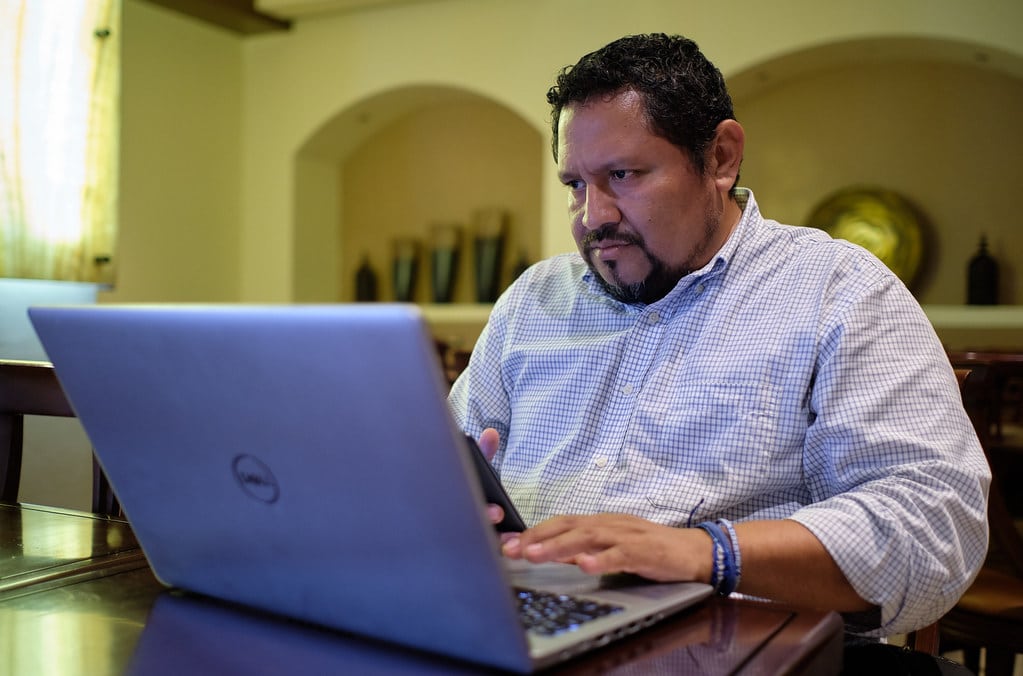
“I have witnessed the crimes of the Ortega’s directly. I have looked in the eyes of mothers and the wounded. It all motivates me to continue, because I am on the right side of history.
My commitment is to be on the side of the people who demand justice and respect for their human rights (...) exercising the profession implies a sacrifice, but with a conviction and loyalty to the truth, to the people.”
Lucía Pineda Ubau is the director of 100% Noticias, and has more than 20 years of experience in Nicaraguan television. She has covered the most important events in the country, from electoral processes to natural disasters such as hurricanes. She has also interviewed diverse national political figures such as former president Arnoldo Alemán, who nicknamed her "La Chilindrina" for her incisive questions. In 2019 she received the Courage in Journalism award, after being illegally arrested by the Ortega regime. She is currently in exile in Costa Rica.
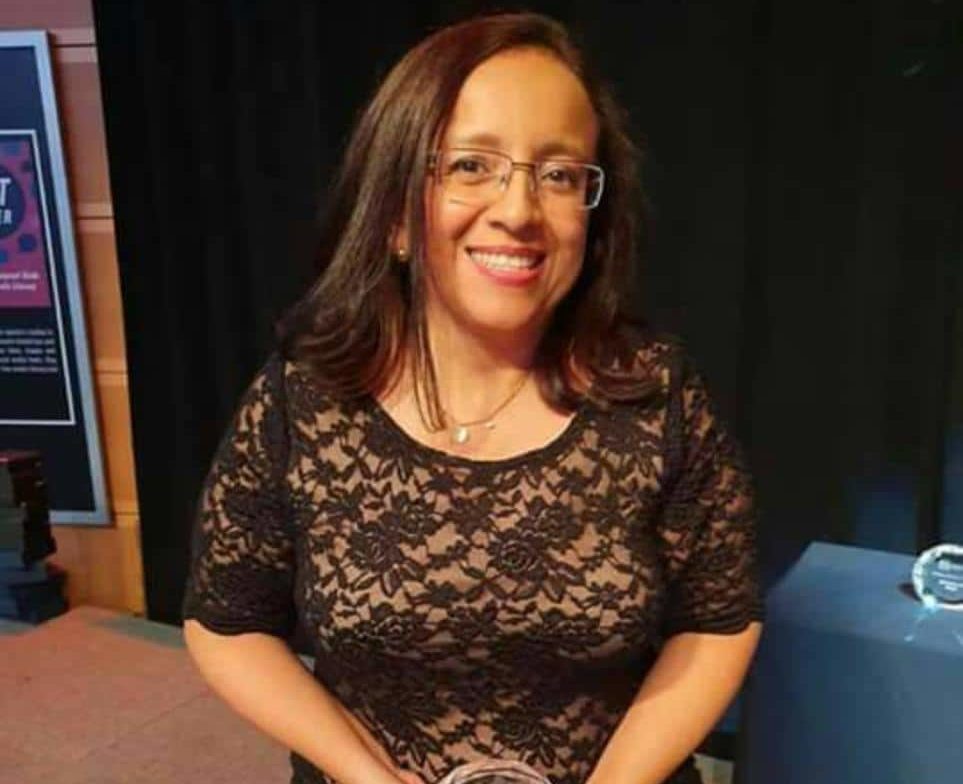
“Because to inform is to resist. It’s about not accepting censorship. I still have my boots on. Jail did not kill me, it strengthened me to continue to resist and inform, 24 hours a day, about the unstoppable human rights violations committed by Daniel Ortega and Rosario Murillo, who won the championship of theft of media and NGOs.”
Álvaro Navarro is the director of Artículo 66. He’s a philologist and communicator with more than 10 years of experience in radio, written press and television. He worked at Channel 11 (currently Vos TV), and the tv show Esta Semana. He won the Pedro Joaquín Chamorro award and an honorable mention by the Instituto de Prensa y Sociedad (IPYS).
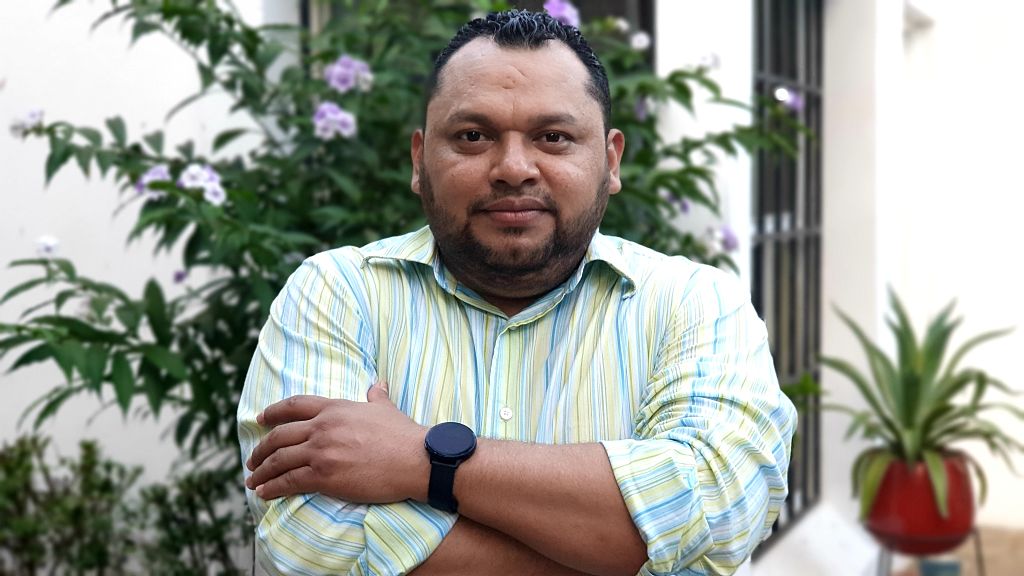
"I believe that in the midst of the circumstances the country is going through, it is also necessary to continue fighting the battle. Because at the end of the day, as I have always said, I learned to do journalism and it is not easy for me to think that I can do something else, because I take journalism as an act of service and I am basically dedicated to it. And because I believe in journalism as a tool that influences the changes that this country requires."
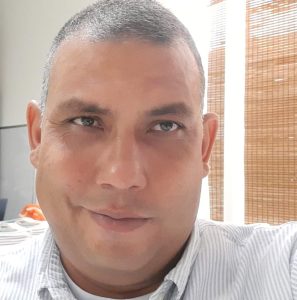
He’s a journalist with more than 20 years of experience. He is part of the editorial board of the journalism platform Connectas, and journalist at Confidencial. He has been internationally recognized for various investigations, and his awards include the Ortega y Gasset Award for Journalism, and the King of Spain International Journalism Award.
"As a journalist, I am driven by a calling to continue doing what I do. Journalism is not a path of roses, but it is worth doing. Also as a citizen, because I believe that I contribute to my country every day, with every silent call that is made through every investigation, report or chronicle. What a journalist achieves is that citizens think about their country. Both are complementary facets.”
Kathia Reyes began her journalistic career when she was still in high school, which defined her vocation when she reached university. She has worked at local radio stations in Chinandega, at national radio stations and for Channel 29. She is currently departmental correspondent for Channel 10 and works at Radio Darío.
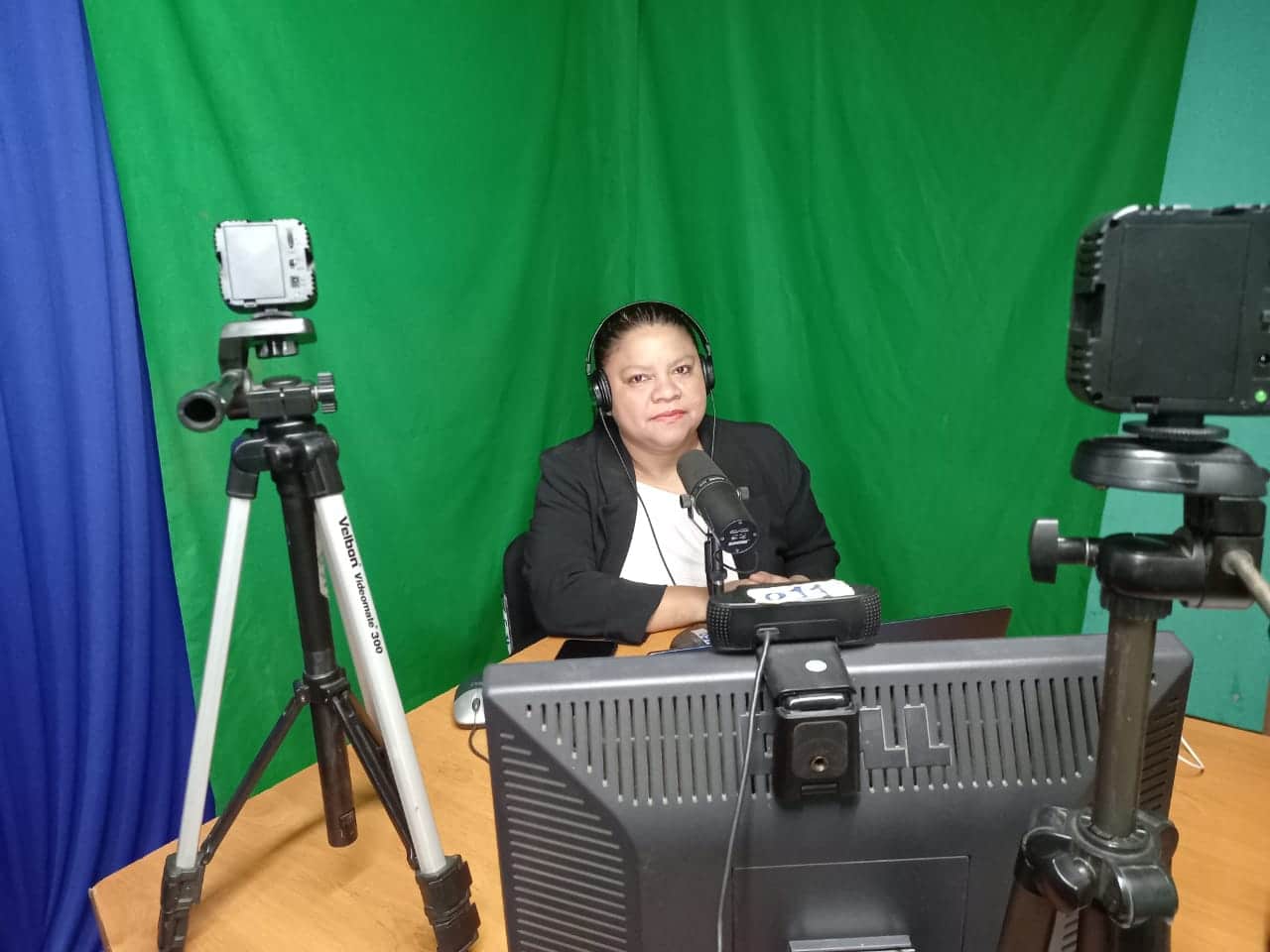
"I continue to do journalism, in principle, because it is what I learned to do. I decided to make a living and survive through this work. I have been doing this for 16 years and I don't see myself doing anything else despite the difficulties. At the moment, it’s what is most urgent in Nicaragua and it is necessary to continue practicing this profession. In reality there are few of us, not like in other professions. There are not a lot of people doing journalism, so each one of us is essential for this work.”
William Aragón has 28 years of journalistic life experience, 18 of them at the newspaper La Prensa for the northern region of La Segovia (Estelí, Madriz, and Nueva Segovia). He is also a member of the National Executive Committee of the organization of Journalists and Independent Communicators of Nicaragua (PCIN).
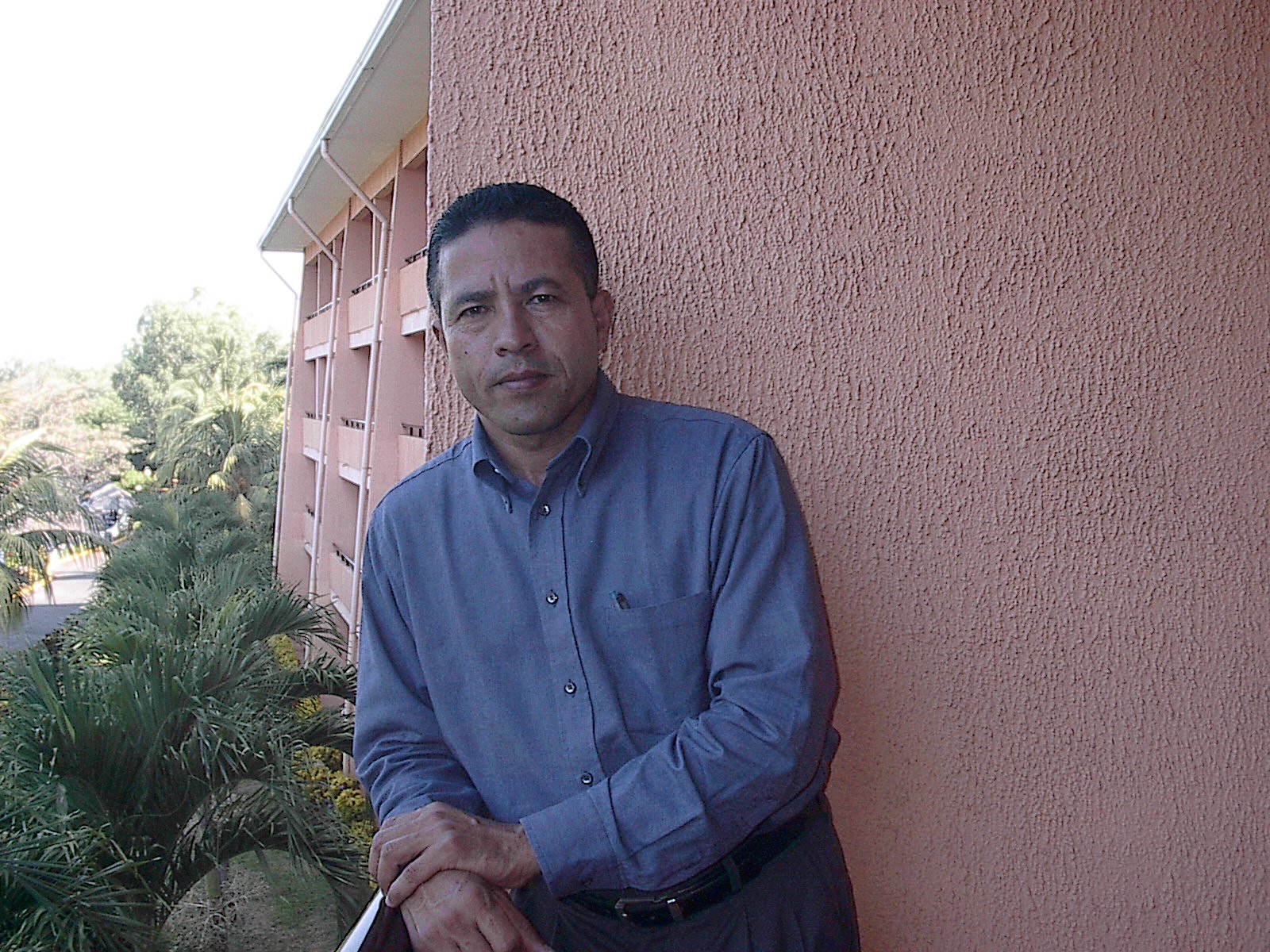
"I am convinced that journalism, in the current context we face in our country, is undoubtedly an essential need for Nicaraguan citizens, who know that they have men and women capable of exercising this profession without fear to bring them the truth and to confront power, exercising independent journalism that allows us to defend freedom of the press, freedom of expression and other public freedoms in Nicaragua.
I am proud to be a journalist, to have 28 years of life in this profession and to carry out my work without fear, convinced that the truth is the best weapon to destroy the abuse of power of the regimes".
She’s the editor of Revista Domingo and Magazine, at La Prensa. Amalia del Cid has been a journalist for more than 12 years and specializes in writing reports and profiles, as well as long-form and in-depth interviews.
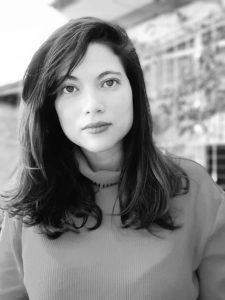
"Why do I continue doing journalism in Nicaragua? Because I studied to be a journalist, I have worked hard for years to continue improving in the exercise of my profession and it will not be a dictatorship that will stop me from doing so. Journalism is a commitment and a matter of honor. I feel the obligation to continue communicating the information that some sectors want to silence and also telling stories that remind us that we are so much more than a wounded country.
Can you imagine a world without journalism? We would not know how to distinguish between what is true and what is a lie, we would have to believe in the speeches of the powerful groups and we would be surrounded by fake news. I am happy to practice such a necessary and praiseworthy profession even in the current circumstances. Our trench continues to be freedom of the press and freedom of expression.”
Uriel Velásquez is 25 years old. He graduated from Universidad Centroamericana (UCA) and worked at El Nuevo Diario, until his mandatory exile in December 2018. In January 2019 he started the news portal DESPACHO 505, while in exile, with other colleagues. He specializes in human rights issues. During the April rebellion he was a victim of robbery, aggressions and persecution.
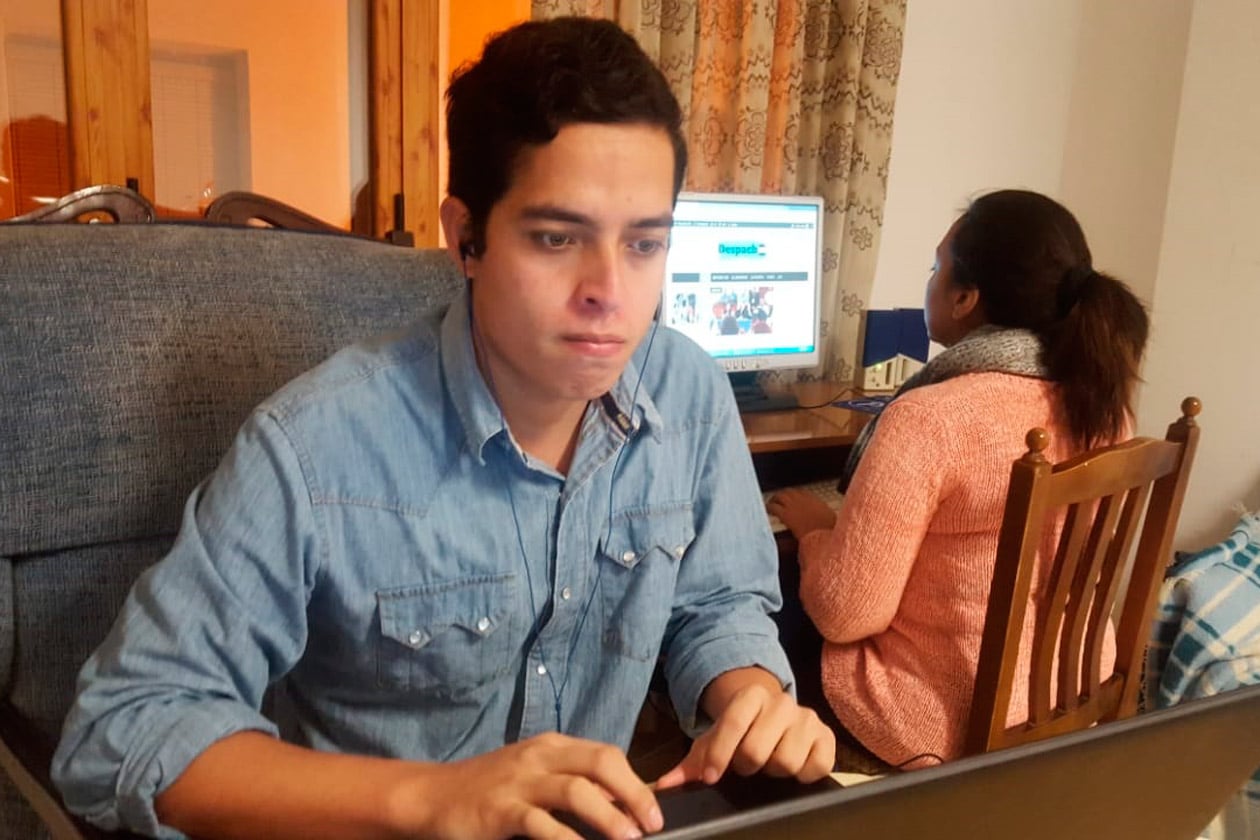
“Because I am a journalist no matter where I am. It is what I like and what I will continue to do. With journalism under constant attack and repression in Nicaragua, we feel the moral obligation to continue reporting from exile, so that the voice of independent journalism is not extinguished, because we do not submit to censorship and if we stop doing journalism, even from exile, it would give pleasure to the regime.
It is difficult to continue practicing from exile taking into account the time difference and the access to sources, which is merely virtual or via telephone. I consider myself a street journalist. Beyond reporting or investigative journalism, I like talking to people and reporting about it, and I hope to return soon to be able to continue doing that.”
Maryórit Guevara, director of La Lupa, graduated from Universidad Centroamericana (UCA). She has worked for the newspapers La Prensa, El Nuevo Diario and Hoy.
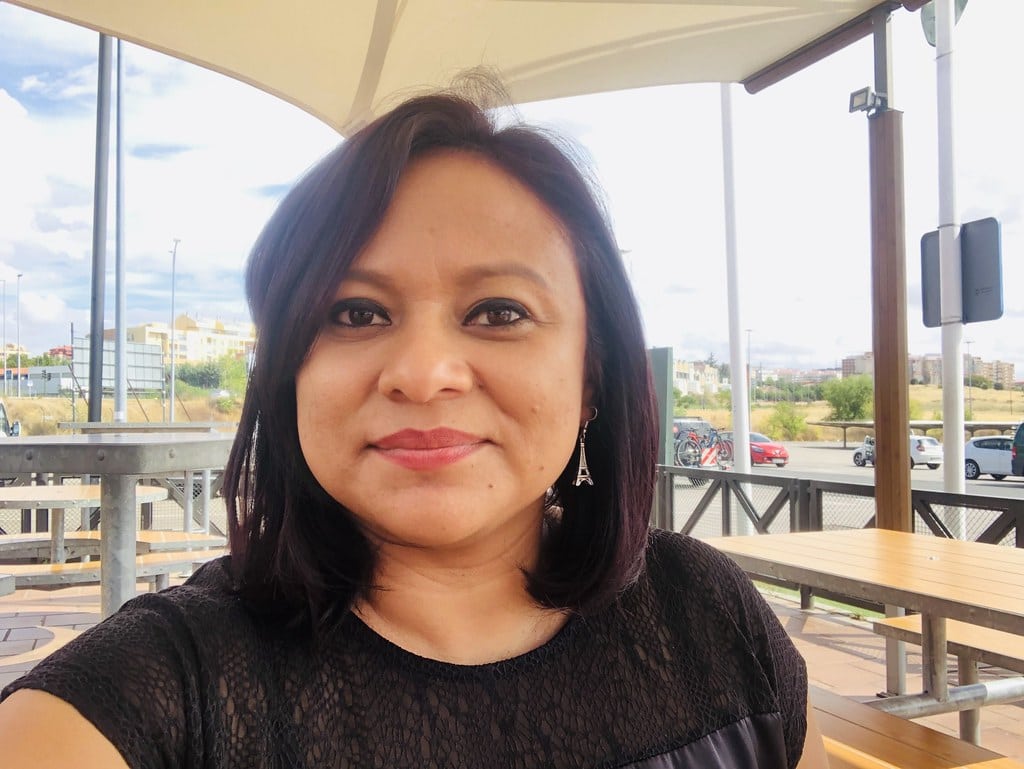
"Because I believe in the truth. Because despite everything that has happened with the regime of Daniel Ortega and Rosario Murillo, I still believe that there must be justice. And I believe that the people, in the face of all the barbaric measures of repression and those that they have tried to legitimize through laws, cannot be left helpless, without information. The more the people are isolated, the greater the censorship, the longer the people would be condemned to continue under this regime; and that is what doing journalism in Nicaragua is for: to help this regime disappear, to help this regime fall and to make the people be informed and critical of the system in which they find themselves.
I believe that doing journalism is about being able to keep people informed, to create a critical conscience, to give tools to the population so that they know that the way they live should not be that way and is not natural.
We do (journalism) in complex conditions because of the distance... but at the end of the day the situation in which exiled journalists find ourselves is also the result of this persecution against journalism in Nicaragua and against any critical voice... I continue to do journalism because I want to return to Nicaragua. I want the country to be better, and at some point we will achieve not only justice or reparation, but a country where we can exercise our rights and one of those rights is freedom of expression."
This article been translated by our staff*
Archivado como:
PUBLICIDAD 3M
PUBLICIDAD 3D